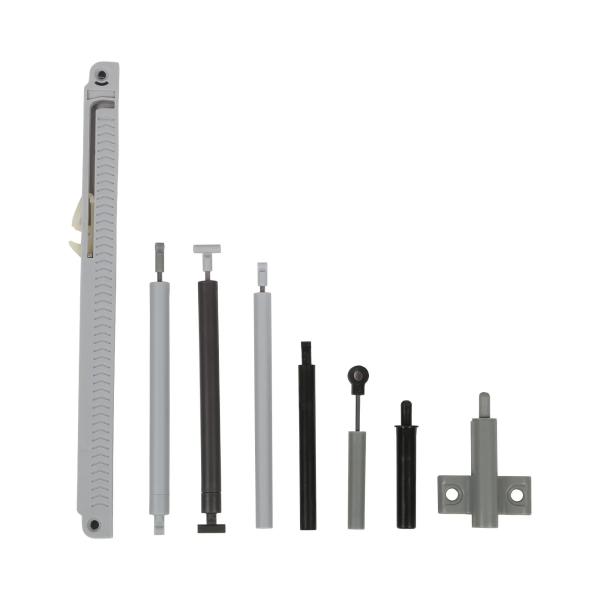If you are interested in our products ,please contact our team
Oil dampers play a crucial role in automotive suspension systems, providing stability, control, and a comfortable ride for vehicles of all types. These essential components absorb and dissipate energy, ensuring that your vehicle maintains optimal contact with the road. In this article, we will explore the importance of oil dampers in automotive suspension systems and how they contribute to a safe and smooth driving experience.
Oil dampers, also known as shock absorbers or shock dampers, are mechanical devices designed to control the movement of a vehicle's suspension. They are typically composed of a piston and cylinder filled with hydraulic fluid, or oil. When the vehicle encounters bumps, potholes, or uneven road surfaces, the oil dampers help minimize the impact, ensuring the wheels maintain proper contact with the road.

One of the primary functions of oil dampers is to maintain stability and control. As the vehicle moves over uneven surfaces, the suspension system compresses and rebounds. Oil dampers help regulate this movement by controlling the speed at which the suspension moves. By providing resistance, they prevent excessive bouncing and ensure the vehicle maintains stability, especially during sudden maneuvers or when navigating sharp turns.
Oil dampers absorb the kinetic energy generated by the suspension movement and convert it into thermal energy. As the suspension compresses and rebounds, the piston inside the damper moves through the oil, generating resistance and dissipating the energy. This process helps prevent the vehicle from bouncing excessively, keeping the tires in contact with the road and improving overall handling and control.
In addition to stability and control, oil dampers contribute to a comfortable ride. By absorbing the energy from bumps and vibrations, they minimize the impact felt inside the vehicle. This results in reduced body roll, less jarring motion, and a smoother overall driving experience. Whether you are driving on rough terrain or cruising on a highway, the presence of properly functioning oil dampers ensures a more enjoyable ride.
Another benefit of oil dampers is their ability to protect other suspension components from excessive wear and tear. By absorbing the energy generated by bumps and road imperfections, they help reduce the stress on other parts of the suspension system, such as springs, control arms, and tires. This not only improves the longevity of these components but also minimizes the need for costly repairs and replacements.
Oil dampers are a vital component of automotive suspension systems, providing stability, control, and comfort to vehicles of all types. By absorbing and dissipating energy, they ensure that your vehicle maintains optimal contact with the road, enhancing safety and handling. Regular maintenance and inspection of oil dampers are essential to ensure they are functioning correctly. So, the next time you enjoy a smooth and controlled ride, remember the important role that oil dampers play in making it possible.